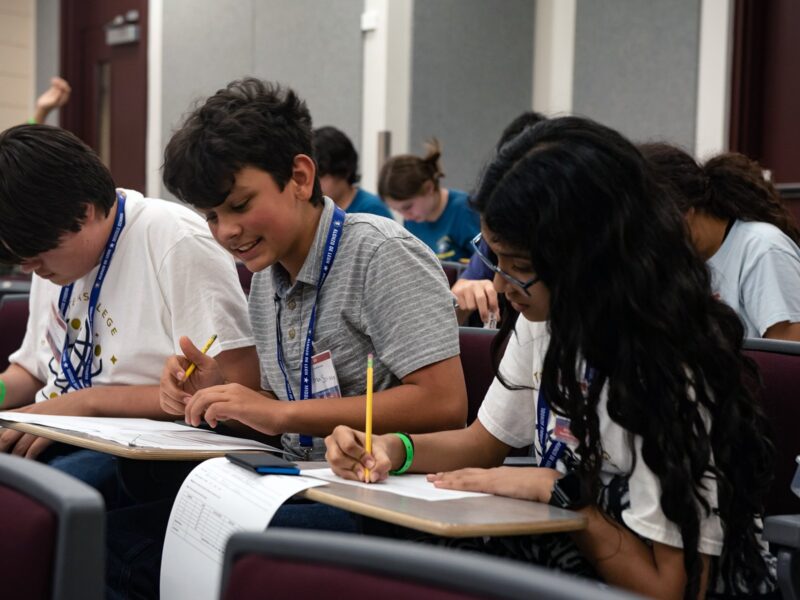Texas A&M University statistician Matthias Katzfuss has been selected to receive the American Statistical Association’s 2017 ENVR Young Investigator Award, presented by the ASA Section on Statistics and the Environment (ENVR).
The award is given in recognition of outstanding contributions to the development of methods, issues, concepts, applications and initiatives in environmental statistics.
Katzfuss, an assistant professor of statistics who joined the Texas A&M Department of Statistics in 2013, was cited for his contributions of great potential in environmental science; developing highly innovative multiresolution spatial models; developing very effective methods for distributed computation; and for developing approximate filtering methods for application in environmental science. He will be recognized at the ENVR business meeting and reception during the Joint Statistical Meetings 2017, set for Jul. 29 to Aug. 3 in Baltimore.
Katzfuss received both his master’s of science (2008) and Ph.D. in statistics (2011) from The Ohio State University after completing undergraduate and graduate studies in statisttics at the University of Munich. He conducted postdoctoral research at the University of Heidelberg for two years prior to coming to Texas A&M. At points in between, Katzfuss also spent a month in 2012 as a New Research Fellow at the National Science Foundation-funded Statistical and Applied Mathematical Sciences Institute (SAMSI) in Research Triangle Park, N.C., and three months in 2010 as a Research Visitor to the Commonwealth Scientific and Industrial Research Organization (CSIRO) in Perth, Australia.
At Texas A&M, Katzfuss’ research spans the gamut of Bayesian spatial statistics, with primary application in environmental science. Because remote-sensing instruments mounted on satellites have made it possible to collect massive amounts of data on a global scale, much of his work — funded by NASA and NSF — focuses on the development of complex, flexible spatial methods that can be applied to big global datasets in a computationally feasible way. In recognition of his research and its broad potential application, Katzfuss recently received an NSF Faculty Early Career Development (CAREER) Award.
“Matthias is immersed in an innovative and comprehensive research program that focuses on the development of spatial models and their application to environmental problems,” said Dr. Valen E. Johnson, professor and head of Texas A&M Statistics. “His research is of high impact, and he has established himself as a burgeoning leader in the field of spatio-temporal modeling. Matthias and his collaborators have published a series of articles that have contributed significantly to the field of spatial statistics.”
A member of ASA and the International Society for Bayesian Analysis, Katzfuss has served since 2015 as president of the Southeast Texas Chapter of the American Statistical Association. A highly regarded researcher, he has written reviews for numerous top-tier journals in statistics, geosciences and environmental science.
Click here to learn more about Katzfuss and his teaching, research and professional service.
For additional information about the American Statistical Association or the Section on Statistics and the Environment (ENVR), go to http://www.amstat.org/.
###
This story by Shana K. Hutchins originally appeared on the College of Science website.






